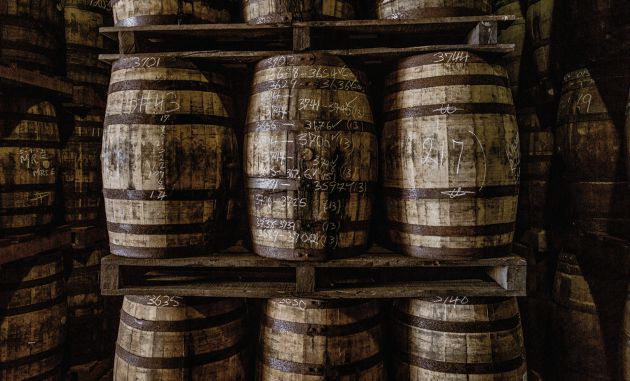
Barbados rum GI standoff
Distillers in Barbados are at loggerheads over the terms of a geographical indication (GI) for the island’s rum, with three united in agreement and one standing in opposition.
Government agency the Barbados Investment and Development Corporation (BIDC) has finished its preparation of the GI, which is supported by Mount Gay, Foursquare and Saint Nicholas Abbey, while the West Indies Rum Distillery (WIRD) has expressed dissenting views.
WIRD – which is owned by French drinks group Maison Ferrand, maker of Plantation Rum, Citadelle Gin and Pierre Ferrand Cognac – believes the definition does not take into account historical practices in Barbados rum-making and is calling for greater flexibility.
However, the three distillers in agreement, which together hold 90% of Barbados’s aged rum reserves, argue that the proposed legislation “gives ample room for innovation”.
“At Foursquare we have gained a reputation for innovation,” said Richard Seale, proprietor at Foursquare Distillery. “I am happy to say the Barbados GI places no restrictions on our rum-making methods.”
In a joint statement, Mount Gay, Foursquare and Saint Nicholas Abbey argue that there are “no restrictions on the type of stills used, long and short fermentation techniques are allowed, and either fresh juice, syrup or molasses may be used”.
While any yeast may be used, non-saccharomyces strains must be native. The proposed GI also stipulates that Barbados water must be used to make Barbados rum.
“Till this day, Mount Gay uses the same water sourced from our centuries’ old well to make our rum,” said Raphael Grisoni, managing director of Mount Gay, which is owned by French drinks firm Rémy Cointreau.
Crucially, the GI states that Barbados rum must be matured entirely in Barbados in order for the spirit to take on the effects of the local climate.
“The value of rum increases as it matures,” said Larry Warren, proprietor at Saint Nicholas Abbey. “We cannot afford the loss of foreign exchange earnings by letting this production step happen outside of Barbados.”
However, WIRD is appealing to lawmakers to overturn the proposal, arguing that while a GI is necessary, the definition “must protect all of Barbados’s rum heritage, not just those of modern practices”.
In a joint statement, WIRD’s managing director, Andrew Hassell, and owner and master blender, Alexandre Gabriel, said: “We truly believe that a GI must be inclusive and faithful to the roots of all Barbados rum-making and to the diversity of those who have, for centuries, created heritage and added value for Barbados.
“This is precisely what West Indies Rum Distillery and Plantation stand for. We have spent years researching the heritage of Barbados rum–making.”
The main points of contention in the GI relate to maturation and sweetening.
WIRD argues that while Barbadian rum should be fermented and distilled in Barbados, and also matured on the island for a period of one year, the GI should preserve the historical practice of double ageing. This would allow rum-makers to ship their product abroad for further maturation.
WIRD has been making rum in this way since 1893 and argues that the practice is “unarguably a part of all Barbados rum heritage”. The distillery claims that if a rum has been double aged, this should be stated on its label.
BIDC’s proposal also stipulates that Barbados rum must only be aged in “new oak or refill casks from a list of recognised wine and spirit denominations”, but WIRD is advocating the use of “every type of food-grade wood”.
The current definition also prohibits the addition of sugar syrup and flavourings, though allows caramel colouring “under strict guidelines”. However, WIRD wants to see sugar and caramel permitted as long as “such inclusions are stated on the label”.
“Globally, we have a very strong support network of bartenders, influencers, and rum specialists who support our rum-making techniques and position on the Barbados GI,” said Hassell and Gabriel.
“The future of the diversity of Barbados rum depends on this GI outcome.”
Keywords:
- Rum
- GI
- Geographical Indication
- Barbados
- Barbados Investment and Development Corporation
- Mount Gay
- Foursquare
- Saint Nicholas Abbey
- WIRD




